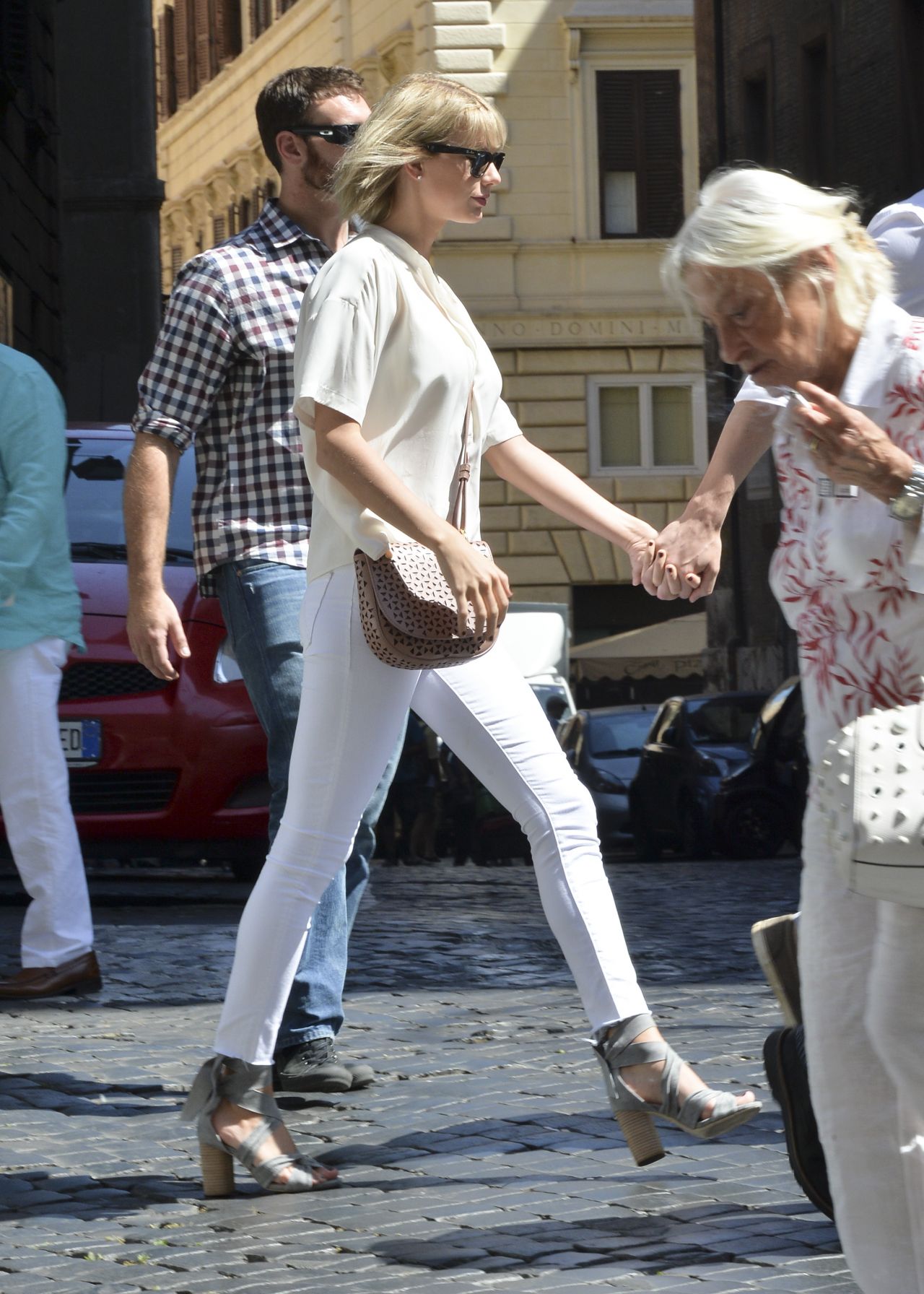Taylor Swift Photos & Videos: Official Sources
Has the internets insatiable appetite for content finally crossed a line? The proliferation of fabricated explicit material featuring celebrities like Taylor Swift raises serious questions about privacy, consent, and the very nature of online reality.
The digital age has democratized information sharing in unprecedented ways. However, this democratization has a dark underbelly. Platforms like Erome, mentioned repeatedly in the provided search terms, purport to offer free access to photos and videos, often of an explicit nature. The concerning trend here is the targeting of individuals like Taylor Swift, with searches for Taylor Swift nude photos & videos, Taylor Swift AI photos & videos, Taylor Swift deepfakes photos & videos, and even Taylor Swift rule 34 photos & videos revealing a disturbing demand for non-consensual, fabricated content. This isnt just about celebrity gossip; its about the exploitation of an individual's image and the potential for immense harm. The ease with which these deepfakes and manipulated media can be created and disseminated poses a significant threat, not just to celebrities, but to anyone vulnerable to online exploitation.
| Full Name | Taylor Alison Swift |
| Date of Birth | December 13, 1989 |
| Place of Birth | West Reading, Pennsylvania, U.S. |
| Occupation | Singer-songwriter, record producer, actress, director |
| Genres | Pop, country, folk, rock |
| Instruments | Vocals, guitar, piano, banjo, ukulele |
| Years Active | 2004present |
| Website | taylorswift.com |
The implications of this trend extend far beyond Taylor Swift. The very existence of platforms that encourage the sharing of erotic pics and porn videos creates an environment ripe for abuse. While some may argue for the freedom to share such content consensually, the lines blur dangerously when it comes to non-consensual material, particularly deepfakes. The technology behind deepfakes has become increasingly sophisticated, making it harder to distinguish between real and fabricated content. This poses a serious threat to the credibility of online information and can be used to spread misinformation, harass individuals, and damage reputations.
The repeated appearance of phrases like "Erome is the best place to share your erotic pics and porn videos" and "Every day, thousands of people use erome to enjoy free photos and videos" in the provided search terms suggests a deliberate marketing strategy by the platform. This raises questions about the ethical responsibilities of platforms that host and profit from such content. Should they be held accountable for the harmful consequences of their services? What measures can be taken to prevent the spread of non-consensual explicit material?
The legal landscape surrounding deepfakes and non-consensual pornography is still evolving. While some jurisdictions have begun to address the issue with specific legislation, the speed of technological advancement often outpaces legal frameworks. This necessitates a multi-pronged approach, involving not only legislation but also platform accountability, technological solutions for detecting and removing deepfakes, and public awareness campaigns about the dangers of this technology.
The search terms themselves paint a disturbing picture of online culture. Phrases like Taylor Swift leaked photos & videos and Taylor Swift fake photos & videos indicate a morbid fascination with private and fabricated content. This fascination fuels the demand for such material, creating a vicious cycle of exploitation. The normalization of this type of content consumption has far-reaching consequences, contributing to a culture where privacy is increasingly violated and individuals are objectified for the sake of online entertainment.
Ultimately, the issue of non-consensual explicit content online is a complex one with no easy solutions. It requires a concerted effort from lawmakers, tech companies, and individuals to combat the spread of this harmful material and protect the privacy and dignity of all internet users. The case of Taylor Swift, while high-profile, is just one example of a much larger problem. It serves as a stark reminder of the dark side of the digital age and the urgent need for greater online responsibility.
The proliferation of searches related to manipulated and explicit content featuring Taylor Swift highlights the alarming intersection of celebrity culture, technological advancements, and online exploitation. The ready availability of deepfake technology and the existence of platforms that encourage the sharing of explicit material create a fertile ground for the creation and dissemination of non-consensual content. This phenomenon raises critical ethical and legal questions about online privacy, consent, and the responsibilities of platforms in curbing the spread of harmful material. The case of Taylor Swift underscores the urgent need for a comprehensive approach involving legislation, technological solutions, and increased public awareness to combat this growing threat.
This exploitation of an individuals likeness for profit and entertainment raises critical ethical questions. What are the boundaries of free speech when it infringes upon an individual's right to privacy and control over their own image? How can we balance the freedom of expression with the need to protect individuals from online harassment and exploitation? These are the questions we must grapple with as we navigate the increasingly complex landscape of the digital world.


